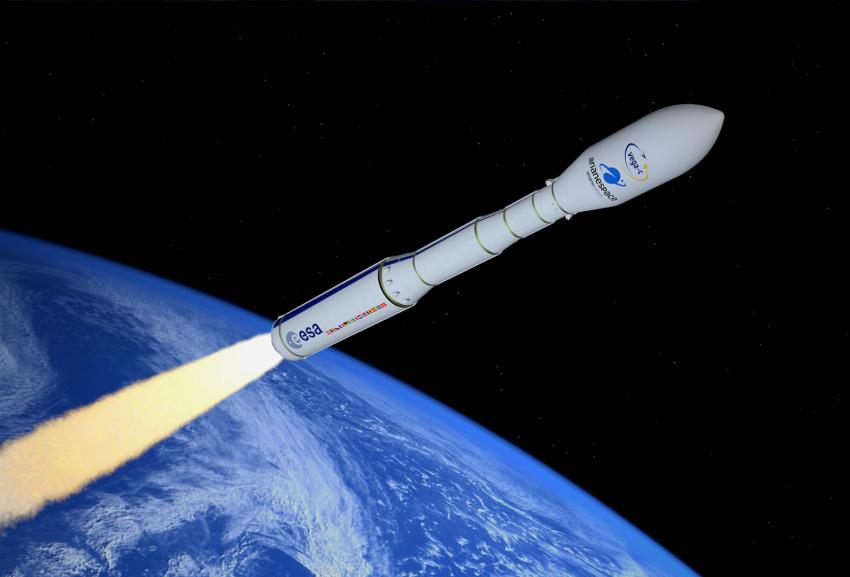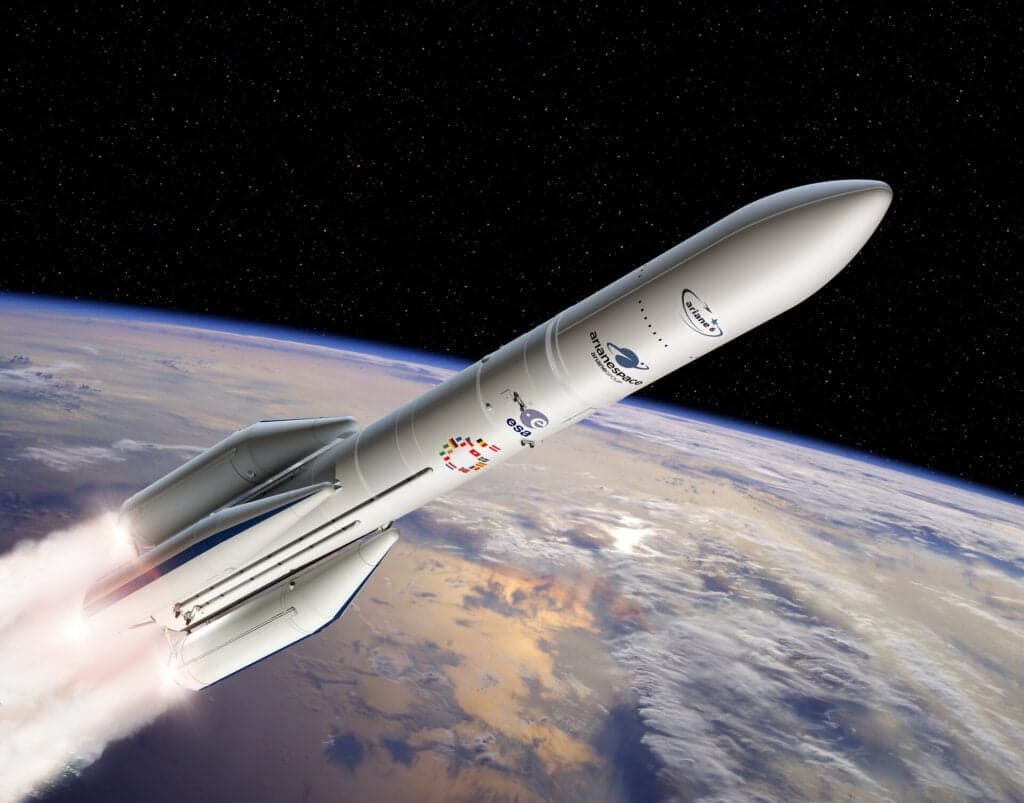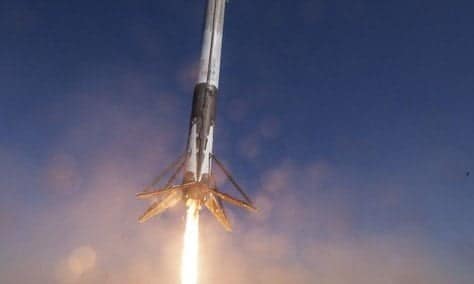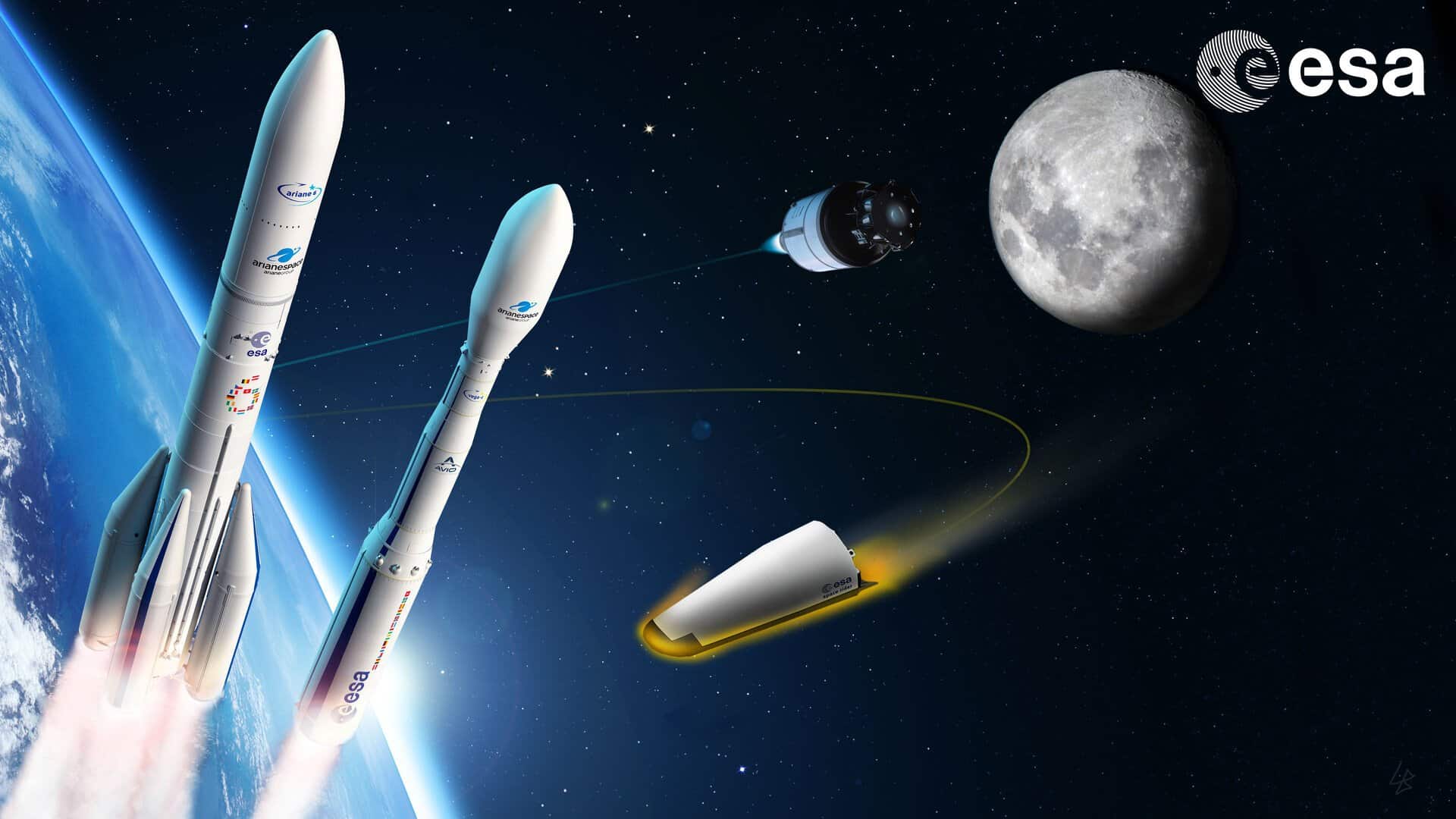The Economy Ministers of France and Italy have expressed concern about the situation relating to European space exploration. They have reason to.
Europe has no alternative to the Falcon 9, the cheap and efficient rockets SpaceX, and it's light years away from projects like Starlink. ESA officials are hoping for the next generation of Ariane 6 and Vega-C rockets, but their chances of participating in the commercial space launch market are slim.

ESA's late action
A little over a week ago, the European Space Agency (ESA) announced its initiative to scout for future space transportation solutions. The agency has allocated around one million euros to request competitive space launch systems from three companies: Ariane Group, Avio e Rocket Factory Augsburg.
The figure seems a bit low. ESA hopes for future competition with SpaceX on space launches, and it is right: the future one, because the current one is impossible.
The EU in the future of space launches

“This initiative will allow Europe to prepare for the future of astronautics,” he says Daniel Neuenschwander, Director of Transport at ESA.
Daniel hopes the next generation of Ariane 6 and Vega-C rockets will meet the needs for EU satellite space launches over the next decade.
Not everyone believes it: the Ariane and Vega 6-C missiles may not be able to compete adequately at all. As long as ESA member countries pay to develop these devices there is no problem, but when they reach operational status, the programs should start earning money themselves from commercial space launches. And this will certainly be a problem.
Space launches, SpaceX makes a void

According to Le Figaro, the French and Italian economy ministers believe that since 2014 (the year of birth of Ariane 6 and Vega-C) the ability of European missiles to compete has significantly decreased.
The main reason? It's SpaceX's fantastic advancement. Thanks to its reusable and inexpensive Falcon 9 rockets, Elon Musk's company has brought down prices for space launches of large satellites, taking away orders and money from the Ariane 6.
As if that wasn't enough, Europe also lags behind SpaceX in other key areas. The partnership with NASA also paved the way for SpaceX to fly astronauts to the ISS.
Zeno and the tortoise
The French astronaut Thomas Pesquet will go into orbit next month aboard the Crew Dragon. And it will be the first of many European astronauts to use SpaceX's services.
For this reason, the ministers called on Europe to provide a “technological and industrial” response to SpaceX's aggressive growth. In what form will this response be? When should it arrive?
I do not see short times to compete with Falcon 9. It is a beast capable of carrying dozens of satellites into orbit, and return down safely landing. No one else in the world in the field of space launches has similar technologies right now. And when the EU (or others) manage to do so, Musk's rockets will already fly to the Moon and Mars, perhaps with regular flights.


